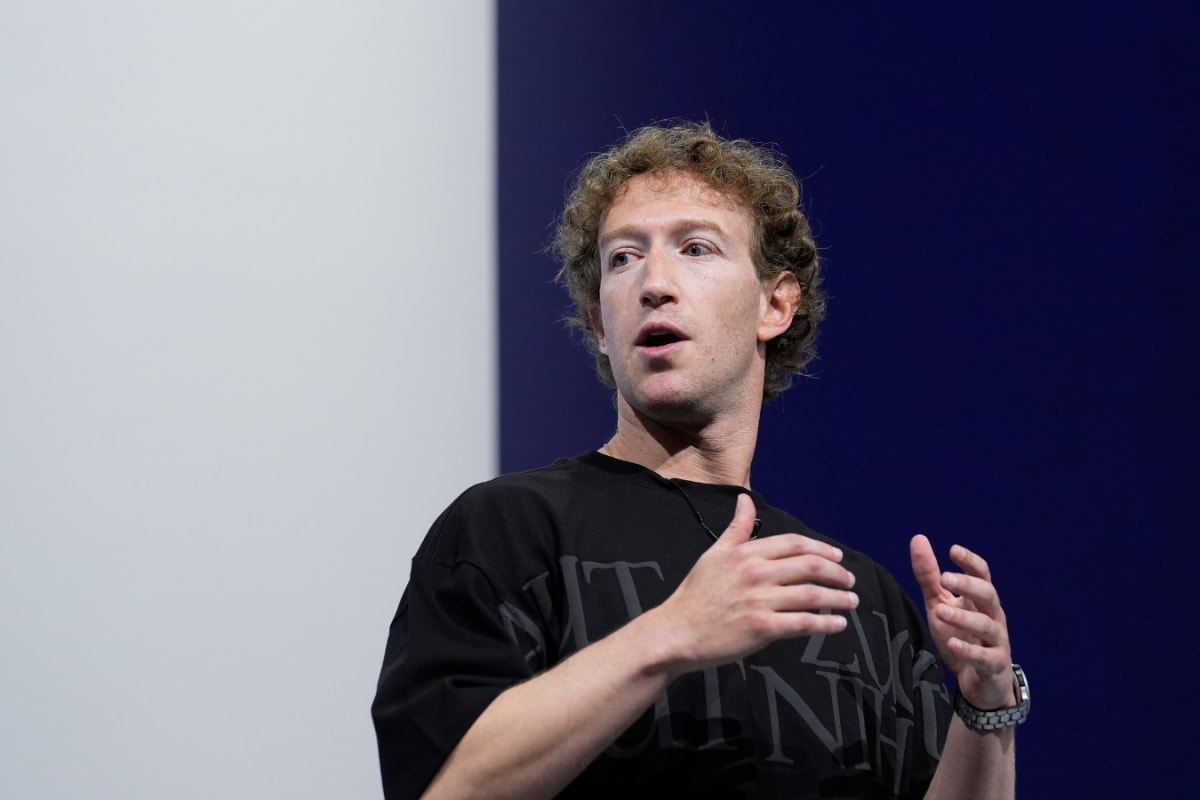

In 2012, Mark Zuckerberg, the CEO of Facebook, made a move that was met with widespread skepticism and even ridicule: the acquisition of Instagram for $1 billion. At the time, Instagram was a fledgling photo-sharing app with a mere 13 employees and no revenue, leading many to call the purchase "crazy" and a "gamble". Today, however, that "crazy" move is widely regarded as one of Zuckerberg's most brilliant strategic decisions, transforming Meta (formerly Facebook) and solidifying its dominance in the social media landscape.
Back in early April 2012, Instagram was gaining traction, especially after launching on Android in addition to iOS. The app quickly amassed millions of users. Twitter had also shown interest in acquiring Instagram. However, Zuckerberg contacted Instagram's founder, Kevin Systrom, and offered to buy the company for $1 billion – a figure that seemed exorbitant for a mobile app with only 25 million users.
The acquisition was controversial. Many questioned why Facebook would spend such a large sum on a small company with no clear revenue stream. Some analysts believed that Facebook overpaid, while others speculated that Zuckerberg was simply trying to eliminate a potential competitor. Secret emails revealed that Zuckerberg viewed Instagram as a threat to Facebook. During an antitrust hearing, it was revealed that Zuckerberg wanted to buy Instagram to avoid competition. Representative Jerry Nadler stated that Facebook saw Instagram as a threat and, instead of competing, chose to buy it.
Zuckerberg, however, saw something more in Instagram. He recognized its potential to complement Facebook's existing platform and to capture the growing trend of mobile photo sharing. Zuckerberg believed that the two platforms offered different experiences that could coexist and strengthen each other. He committed to building and growing Instagram independently, understanding that its distinct brand and connection to other services beyond Facebook were crucial to its appeal.
The decision to allow Instagram to operate independently proved to be a key factor in its success. Instagram retained its unique identity and continued to innovate, introducing features like stories, filters, and direct messaging that resonated with users. As Facebook's platform became increasingly cluttered and complex, Instagram offered a simpler, more visually focused experience, attracting a younger audience.
Over the years, Instagram has grown exponentially, becoming a central pillar of Meta's business. It boasts over a billion users and contributes significantly to Meta's annual revenue, with estimates exceeding $20 billion. Instagram's success has not only boosted Meta's financial performance but has also helped the company maintain its relevance in a rapidly evolving social media landscape.
However, Instagram's rise has not been without its challenges. The platform has faced scrutiny regarding its impact on teenage mental health, with concerns raised about its addictive design and the potential for negative comparison and bullying. Meta has been criticized for allegedly ignoring internal research warning about Instagram's impact on young users. In response, Meta has stated its commitment to supporting young people and has been adding tools to offer more protection for teens. Meta is also planning to allow researchers to conduct in-depth studies of the platform's impact on young users.
Despite these challenges, Instagram remains one of Meta's most valuable assets. What was once considered a "crazy" acquisition has become a testament to Zuckerberg's vision and strategic foresight. By recognizing Instagram's potential and allowing it to flourish independently, Zuckerberg not only neutralized a potential threat but also created a powerhouse that continues to shape the way people connect and share their experiences online.